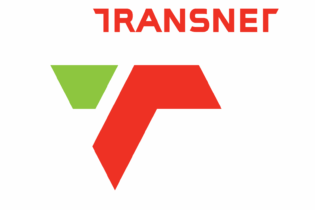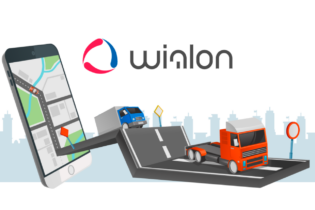Steven Sutherland, Sales Director for RSA and Africa at MiX Telematics, sheds light on a key issue coming out of the recent RFA conference.
“Whether it’s about compliance or purely environmental responsibility, South African businesses need to promptly examine their greatest source of CO2 emissions – fuel consumption, if they are truly vested in the sustainability of their operation and that of the environment.” Fuel consumption and the resulting carbon emissions are highly affected by the way in which a vehicle is driven, with factors such as excessive idling and over-speeding attributing to this. “Luckily the trend of using available technology to manage this is on the rise. Although local fleet operators still tend to be reluctant to make the complete investment required to fully benefit. “ “The good news is that doing the right thing, like installing a comprehensive fleet management solution, results in a win-win situation: the industry profits through a healthier bottom line and carbon emissions lessen, easing pressure on the environment. In fact, our experience shows that the cost of installing a MiX solution is covered within nine to twelve months.” “Companies must get serious about how they manage their fleets, which does not mean looking at the ‘cheapest’ monitoring mechanisms to cut costs. Long-term and significant cost savings can only be achieved with the right system in place and, importantly, a fleet management system that is being fully optimised to properly manage fuel, improve driver behaviour, manage vehicle maintenance and enhance the utilisation of a fleet’s assets.”Proper fuel management is known to reduce fuel consumption by 10%, which equates to massive reductions in costs and carbon emissions.
In South Africa, it is said* that the government’s implementation of carbon taxes will see businesses pay R120 per ton of carbon dioxide emissions on 40% of their direct emissions by 2015. So, for a fleet that emits 18,500 tons of carbon per year – based on a business for example with 600 vehicles each carrying 33 tons per annum and each travelling 200,000 kilometres per annum – this means a cost of R885,000 per year. “This places huge pressure on industries that are already struggling with high fuel costs and tight margins.” Not surprisingly, there is a keen focus towards the management of carbon emissions, identifying the gaps that exist in current carbon tax policies and understanding how best to optimise these within the fleet sector. “Carbon offsetting plays a key role in the process of fleets becoming more proactive,” states Sutherland. “In fact, carbon offsetting is one of the carbon tax’s six key elements, encouraging companies to make up for the carbon emissions they are unable to reduce through effective fleet management.” “No one is exempt from this process. And forward-thinking fleet operators are right at the epicenter of the current dilemma. In fact, when you look at the current tools available to face this challenge, one could rather say that fleet operators are in fact at the centre of the solution going forward.”






